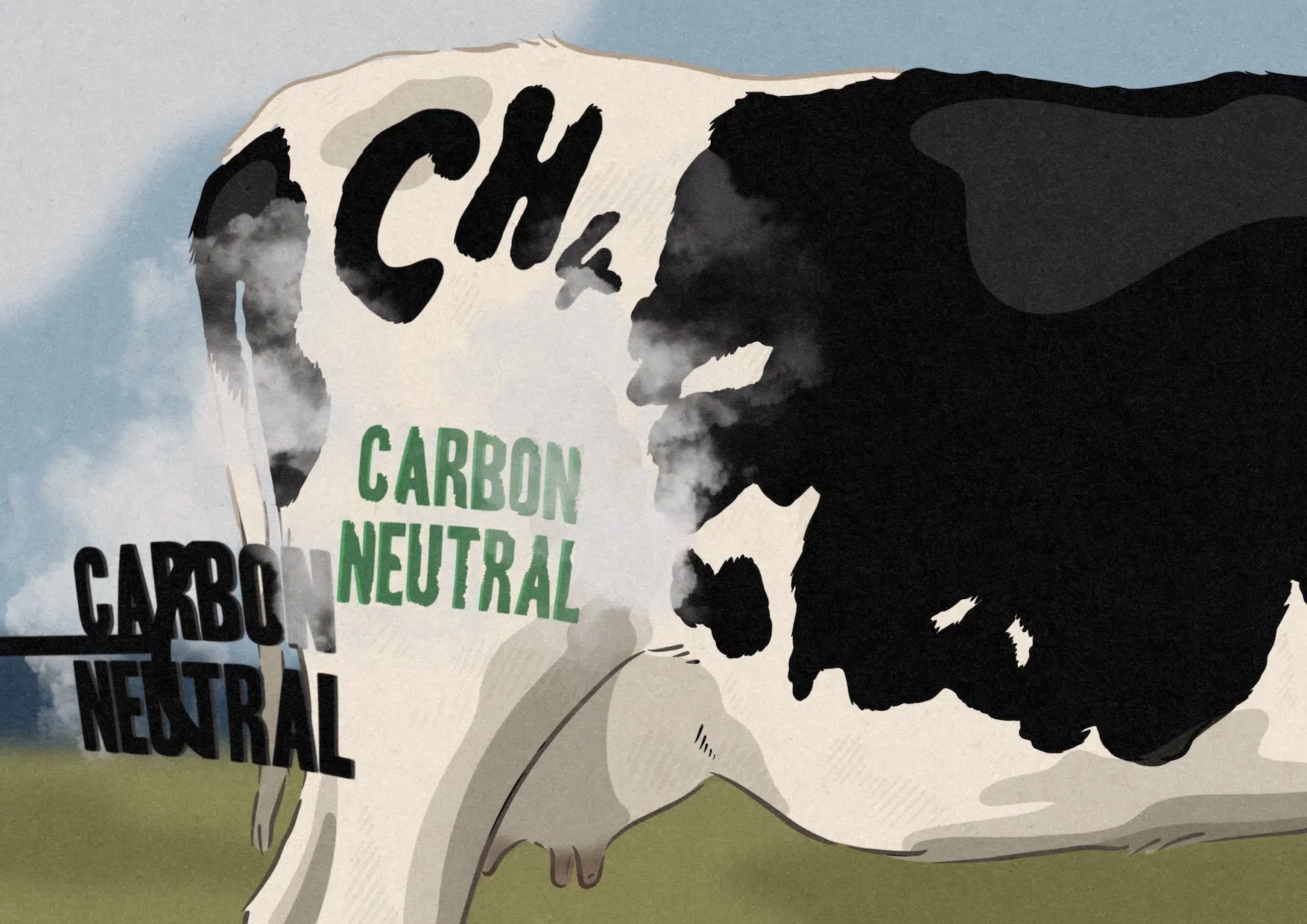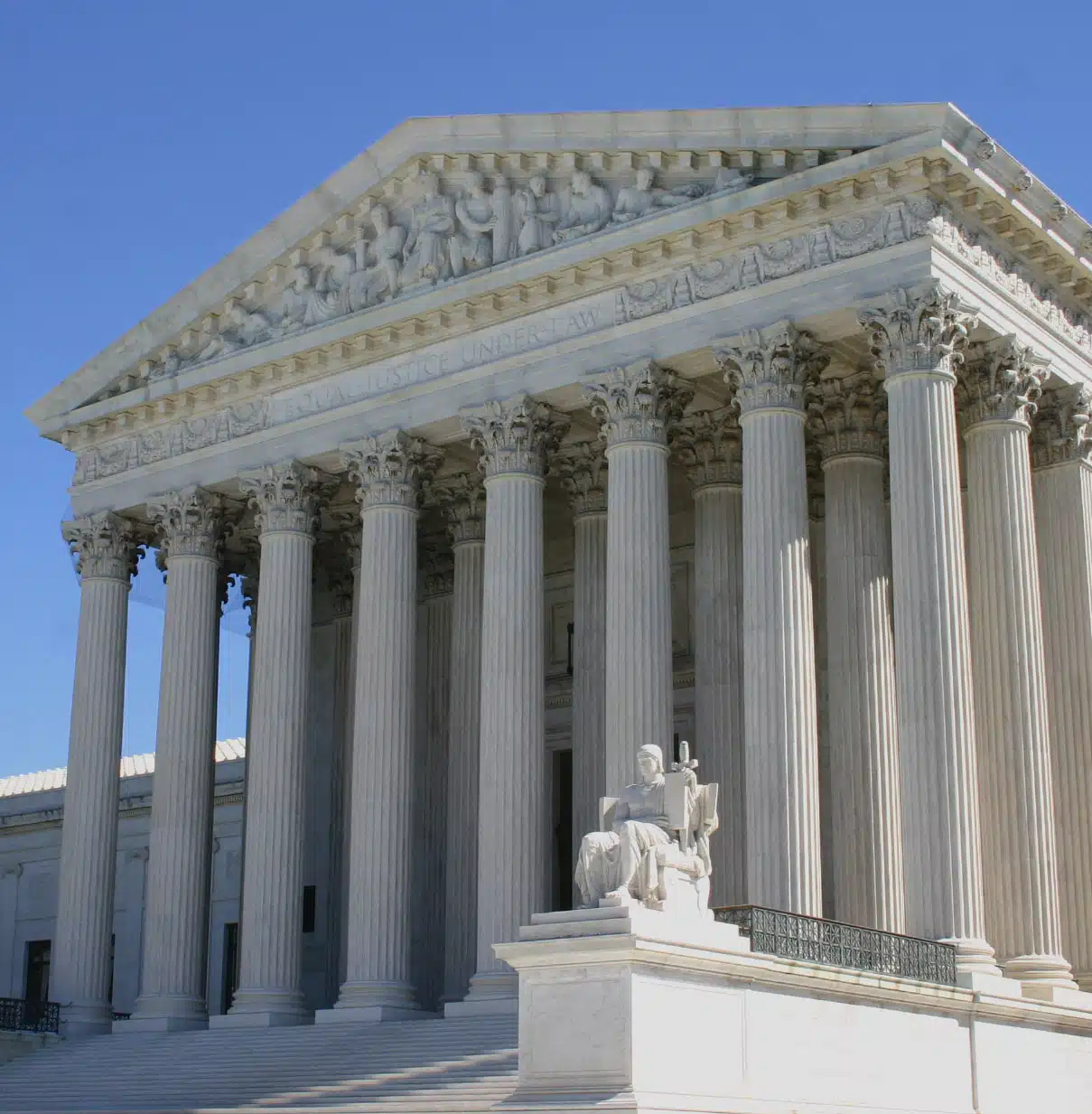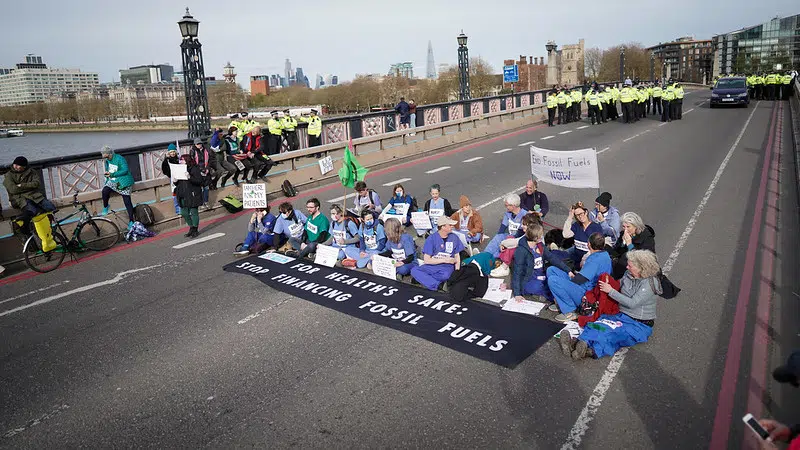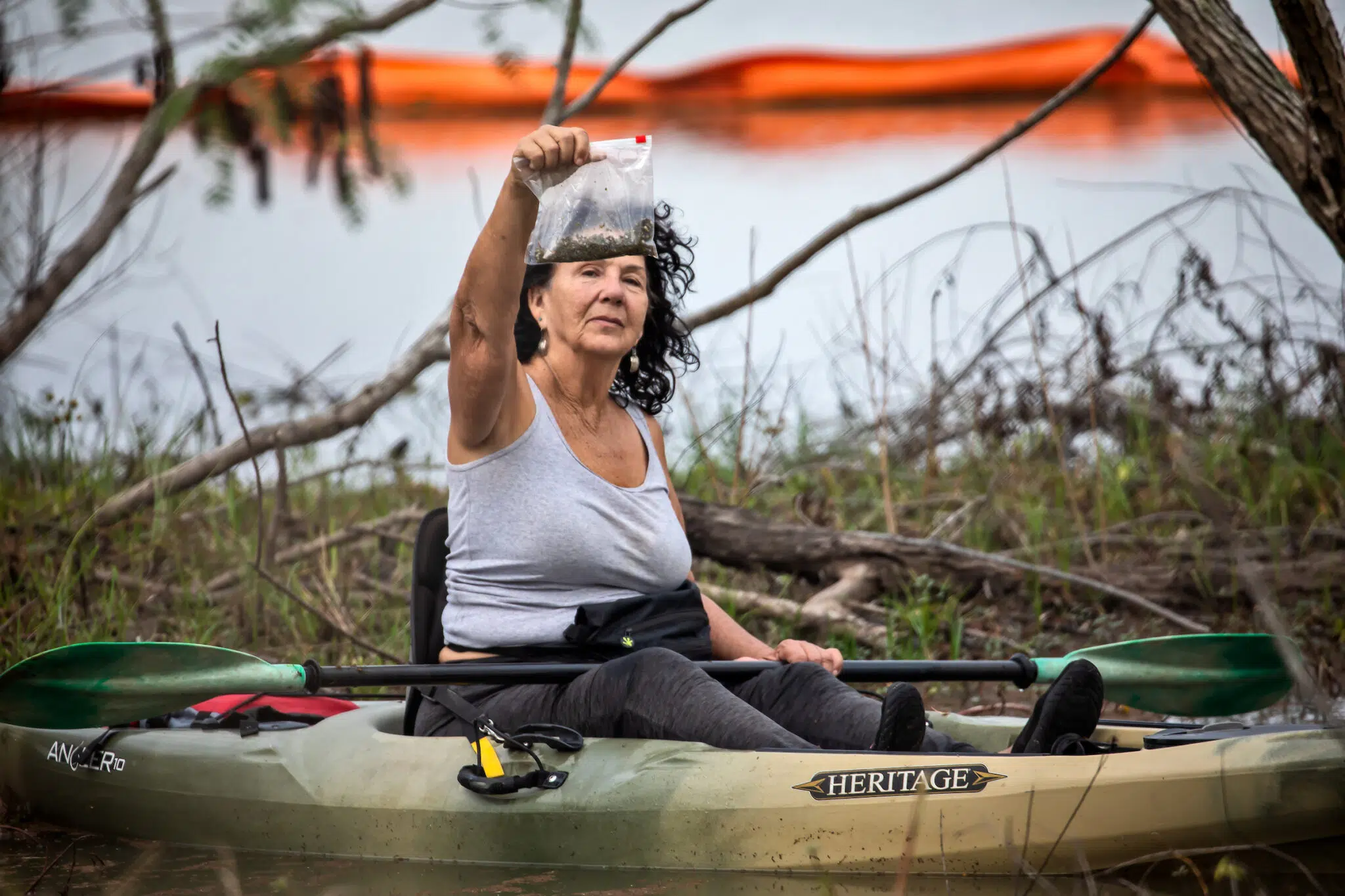
Message From the Editor
This week, we published an informative piece by Michaela Herrmann on how meat processing companies are using “climate friendly” labels and industry-funded science to convince the public that beef and dairy are good for the planet.
Tyson Foods, one of the world’s four largest meat producers, announced “Brazen™️ Beef” in March. It was the first-ever product of its kind to receive the “Climate-Friendly” stamp from the U.S. Department of Agriculture.
Scientists and campaigners say the industry is overstating its potential for transformation – aided by key researchers and PR professionals – with misleading notions of “clean” or “green” meat and dairy cows.
This continues our look into how the meat industry is using deceptive advertising that omits crucial details to make themselves look more sustainable.
We have another piece that covers the U.S. Supreme Court’s denial of petitions in multiple climate cases, clearing the way for them to proceed in state courts.
On Monday, the court denied requests from major oil companies to intervene in climate liability lawsuits aimed at holding fossil fuel producers accountable for climate damages and alleged disinformation campaigns. The court’s denial means that companies like ExxonMobil and Shell could be forced to face trial in state courts.
“Every court that has reviewed this case has come to the same conclusion–that it should be heard in a local court, by a local jury. The Supreme Court’s decision today confirms that,” says EarthRights General Counsel Marco Simons.
Have a story tip or feedback? Get in touch: editor@desmog.com. Want to know what our UK team is up to? Sign up for our UK newsletter.
Thanks,
Brendan DeMelle
Executive Director
P.S. Investigative journalism like this is made possible by readers like you. Can you donate $10 or $20 right now to support more of this essential work?
Image credit: Rosie Hunter
Climate Crisis: Voices of Protection Event
— May 23, 2023 2pm EST —
With your support, DeSmog has reported for years on the harm caused by fossil fuel and petrochemical projects on the U.S. Gulf Coast. Now, we’d like to invite you to a special free online event we’re co-hosting with the Pocket Project on May 22 exploring the struggle to prevent new fossil gas projects in Louisiana and Texas.
We’ll be practicing a unique way of attending to the news in community called Global Social Witnessing (to learn more, click here). With Louisiana Bucket Brigade Director Anne Rolfes and our global investigations editor Matthew Green.
Hope to see you there!
The Rise of the 'Climate Friendly' Cow
— By Michaela Herrmann (13 min. read) —
In early March, global food giant Tyson unveiled a new beef product line at the 2023 annual industry meat conference. Named “BrazenTM Beef”, it was the first ever product of its kind to receive the “Climate-Friendly” stamp from the US Department of Agriculture.
The brand, which grew out of Tyson’s “Climate-Smart Beef Program”, reportedly earned this badge through securing a 10 percent cut in greenhouse gas emissions compared to regular North American beef.
The company is frank about the product’s marketing strategy. Tyson told the Progressive Grocer it is “trying to be upbeat and different”, with something that speaks definitively to younger Millennial and Gen Z consumers.
Supreme Court Rejects Big Oil's Bid to Derail Climate Liability Lawsuits
— By Dana Drugmand (4 min. read) —
The U.S. Supreme Court on Monday denied requests from major oil companies to intervene in climate liability lawsuits aimed at holding fossil fuel producers accountable for climate damages and alleged disinformation campaigns. The court’s denial of the industry’s petitions means that the lawsuits can advance in state courts, where companies like ExxonMobil and Shell could be forced to face trial.
“Big Oil companies have been desperate to avoid trials in state courts, where they will be forced to defend their climate lies in front of juries, and today the Supreme Court declined to bail them out,” Richard Wiles, president of the advocacy organization Center for Climate Integrity, said in a statement.
Hospitals Are Investing Billions of Dollars in Fossil Fuels
— By Dana Drugmand (4 min. read) —
Major hospital systems and medical institutions in the United States are betraying their oath to “first do no harm” through their investments in the fossil fuel sector, warns a new report from a campaign advocating for fossil fuel divestment in healthcare.
According to the report, The Biggest Malpractice: How Hospitals Betray the Public Trust with Billions in Fossil Fuel Pension Investments, it is likely that privately owned U.S. hospitals have investments amounting to well over $10 billion in the fossil fuel economy.
A Texas Shrimper Led a Fight to Stop Plastic Pollution. Now She's Won the "Green Nobel Prize"
— By Sara Sneath (4 min. read) —
Diane Wilson, a fourth-generation South Texas shrimper who took on a multi-billion dollar corporate polluter in court and won, has received a 2023 Goldman Prize for environmental activism.
Wilson’s $50 million settlement with Formosa Plastics Corp. – for illegal pollution of the bays surrounding its Point Comfort, Texas plant – is the largest monetary settlement to date in a lawsuit brought by a private individual under the Clean Water Act, according to Texas RioGrande Aid, the legal aid agency that represented Wilson.
The prize money is helping fund local community efforts to slow coastal erosion, build a park, and send kids to camp.
From the Climate Disinformation Database: National Pork Producers Council
National Pork Producers Council (NPPC) is a Washington, DC-based trade body representing the US pork industry with an annual revenue of around $15 million. The group has been reluctant to refer to human-caused climate change, instead citing “climatic events.” At a press conference in February 2020, the NPPC’s Vice President for Public Affairs and Counsel, Michael Formica, refused to say whether he believed climate change was man-made. The NPPC spent $1.5 million on lobbying in 2019 and made $432,000 worth of political contributions between 2017-2018, 71 percent of which went to Republican candidates. It ranks among the top 10 percent of spenders for both lobbying and political contributions in the US, according to OpenSecrets data.
Read the full profile and browse other individuals and organizations in our Climate Disinformation Database and Koch Network Database.






